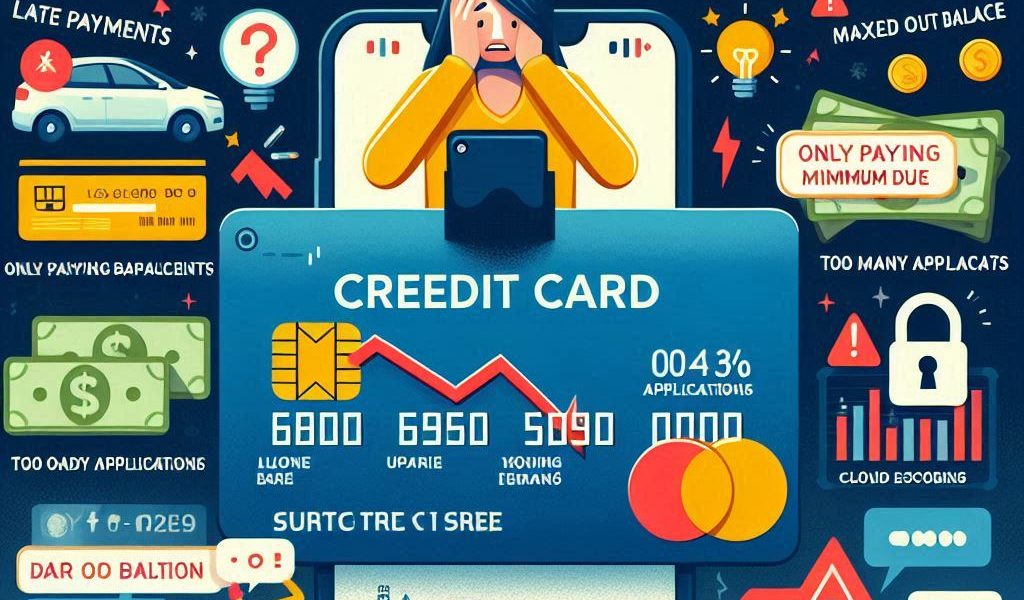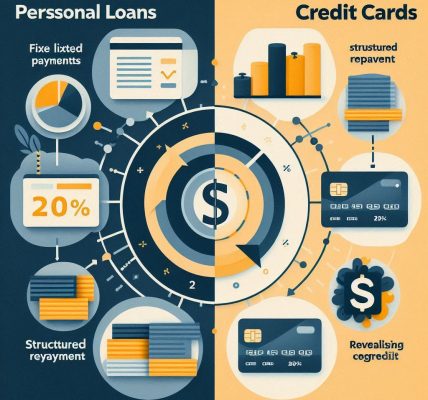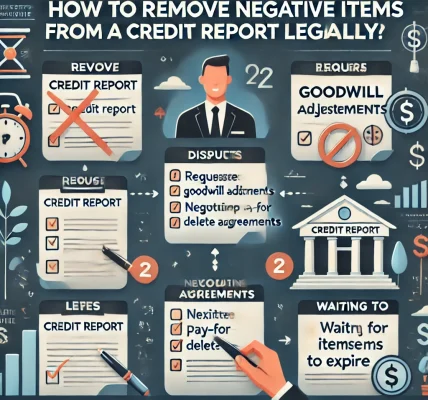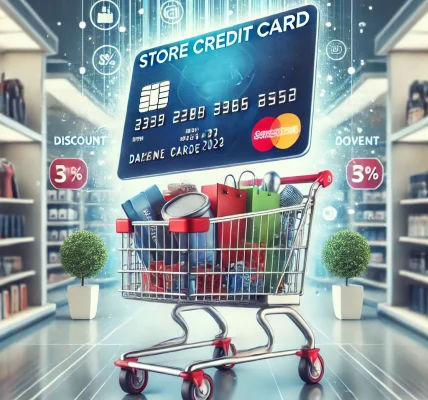Introduction
Credit cards can be a powerful financial tool when used correctly, but simple mistakes can significantly damage your credit score. Many individuals unknowingly fall into traps that lower their scores and increase their financial burden. This DIY guide will highlight the most common credit card mistakes, their impact on your credit score, and actionable steps to avoid them.
1. Making Late Payments
Why It Hurts:
Your payment history makes up 35% of your credit score, making it the most important factor. Missing payments, even by a few days, can lead to penalties, increased interest rates, and a lower score.
DIY Fix:
✅ Set up automatic payments or reminders to ensure you never miss a due date. ✅ If you miss a payment, pay as soon as possible to minimize damage. ✅ Contact your credit card issuer if you have difficulty making payments—they may offer assistance.
2. Maxing Out Your Credit Card
Why It Hurts:
Credit utilization—the amount of credit you’re using compared to your total available limit—makes up 30% of your credit score. A high utilization rate signals financial risk to lenders.
DIY Fix:
✅ Keep your credit utilization below 30% of your total limit. ✅ If possible, make multiple payments within a billing cycle to lower utilization. ✅ Request a credit limit increase to reduce your utilization ratio without spending less.
3. Applying for Too Many Credit Cards at Once
Why It Hurts:
Each time you apply for a credit card, a hard inquiry is made on your credit report, which can lower your score. Too many inquiries in a short period can make you look financially desperate.
DIY Fix:
✅ Space out credit card applications (at least 6 months apart). ✅ Research eligibility before applying to avoid unnecessary rejections. ✅ Only apply for credit cards that align with your financial needs.
4. Closing Old Credit Accounts
Why It Hurts:
The length of your credit history makes up 15% of your credit score. Closing old accounts shortens your credit history and reduces your total available credit, increasing your utilization rate.
DIY Fix:
✅ Keep older accounts open, even if you don’t use them often. ✅ Use old cards occasionally for small purchases to keep them active. ✅ If you must close a card, start with newer accounts rather than older ones.
5. Only Making Minimum Payments
Why It Hurts:
Paying only the minimum due allows interest to accumulate, increasing your overall debt. This can lead to financial stress and a higher credit utilization ratio.
DIY Fix:
✅ Pay the full balance whenever possible to avoid interest charges. ✅ If you can’t pay in full, pay more than the minimum to reduce your debt faster. ✅ Consider balance transfer credit cards to lower interest rates if you have high debt.
6. Ignoring Your Credit Report
Why It Hurts:
Errors on your credit report, such as incorrect late payments or fraudulent accounts, can negatively impact your score.
DIY Fix:
✅ Check your credit report regularly from bureaus like Equifax, Experian, and TransUnion. ✅ Dispute any errors immediately to correct inaccuracies. ✅ Monitor your credit score to track improvements and detect fraud.
7. Using Your Credit Card for Cash Advances
Why It Hurts:
Cash advances come with high fees, immediate interest charges, and no grace period, making them an expensive form of credit.
DIY Fix:
✅ Avoid cash advances unless it’s an emergency. ✅ Consider alternative sources of funds, such as personal loans or emergency savings. ✅ Read your credit card terms to understand associated fees and interest rates.
8. Ignoring Credit Card Rewards and Benefits
Why It Hurts:
Many people fail to maximize cashback, travel points, and other perks that could save them money.
DIY Fix:
✅ Choose a card that aligns with your spending habits. ✅ Use rewards strategically to maximize benefits. ✅ Avoid overspending just to earn rewards, as interest costs can outweigh benefits.
9. Not Having a Credit Card at All
Why It Hurts:
While avoiding credit cards may seem like a responsible choice, it also means you won’t build a credit history, which is essential for securing loans and other financial opportunities.
DIY Fix:
✅ Consider a secured credit card if you’re new to credit. ✅ Use a credit card responsibly to establish a positive credit history. ✅ Keep your credit usage low and pay bills on time to maintain a good score.
10. Overlooking the Impact of Joint Accounts or Authorized Users
Why It Hurts:
If you share a credit card account, the other person’s behavior affects your credit score. Late payments or high balances can harm your credit.
DIY Fix:
✅ Only add trusted individuals as authorized users. ✅ Regularly monitor the account for responsible usage. ✅ If necessary, remove yourself from joint accounts to protect your credit.
Conclusion
Avoiding these common credit card mistakes can help you maintain a strong credit score, avoid unnecessary interest charges, and improve your financial stability. By following the DIY strategies outlined in this guide, you can use credit cards wisely and take control of your financial future.




